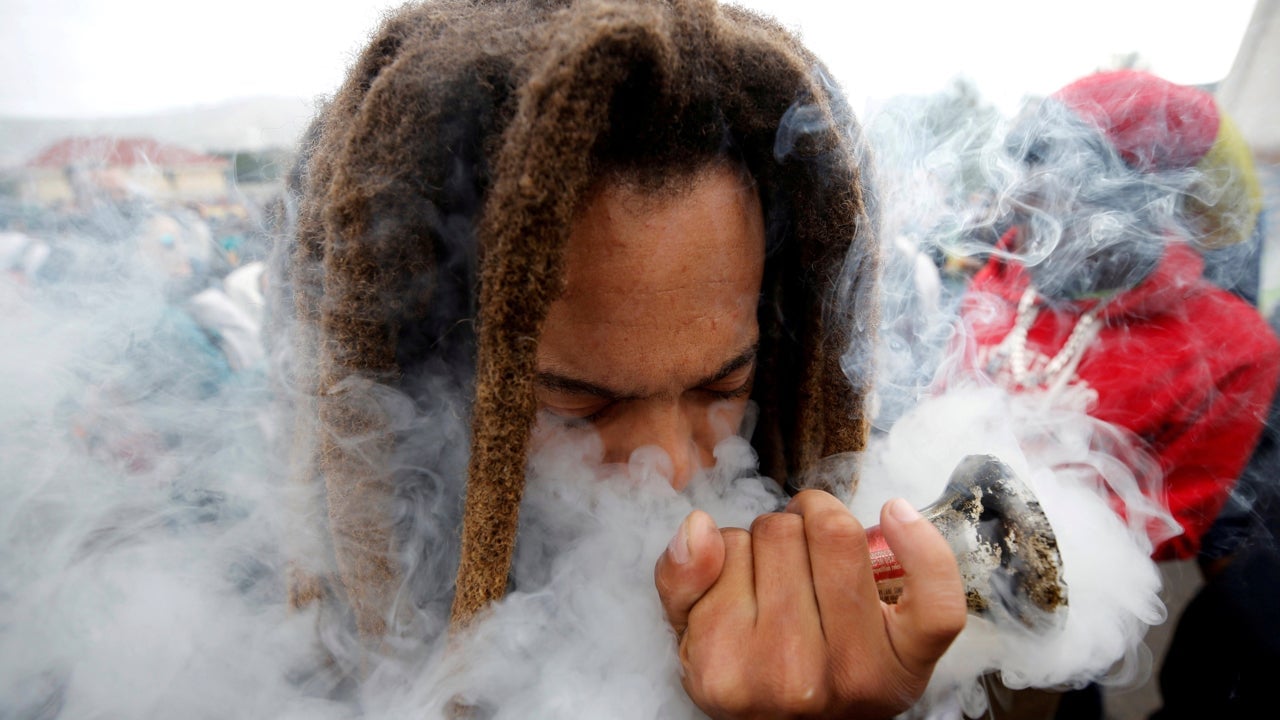South Africa legalizing pot at home is great news for its neighbors
With puffs of smoke, South Africans are celebrating the decriminalization of smoking weed at home. The country’s neighbors could see this as a signal to capitalize on a growing cannabis industry around southern Africa.


With puffs of smoke, South Africans are celebrating the decriminalization of smoking weed at home. The country’s neighbors could see this as a signal to capitalize on a growing cannabis industry around southern Africa.
South Africa’s Constitutional Court ruled on Sept. 18 that citizens had the right to consume and grow marijuana in their homes, as long it was for personal consumption. The country’s highest court found that country’s laws on drugs and medicine went against the constitution’s right to privacy and the “personal use” of dagga, as it’s known in South Africa.
“The right to privacy is not confined to a home or private dwelling,” ruled deputy chief justice Raymond Zondo. “It will not be a criminal offense for an adult person to use or be in possession of cannabis in private space.”
The judgement must now be enacted in parliament, where the day-to-day implications will be tested. The case was brought to the Constitutional Court by a group of activists who have faced arrest for personal use, as well as the group Doctors For Life.
“A police officer would have to consider all the circumstances including the quantity of cannabis found in an adult person’s possession,” the judgment said, adding that a court would ultimately decide intention to deal, which is still illegal.
Yet, while South Africa grapples with the gray areas around the judgment, the decision is a boon for the nascent marijuana industry in neighboring countries. Last year, Lesotho became the first African country to grant licenses for the medicinal cultivation of marijuana.
Lesotho’s cannabis farms already exist primarily to supply its much larger neighbor. After aid and remittances from workers in South Africa, marijuana was the third largest source of hard currency, according to a report by Unesco (PDF). A later study (PDF) by the United Nations Office on Drugs and Crime also found that 70% of the weed entering South Africa originated in Lesotho.
ESwatini (formerly Swaziland), known for its higher potency strain, is also considering legalizing what is already a lucrative export market. Many families in impoverished eSwatini have turned to growing weed, which is then exported to South Africa and Mozambique. Cannabis cultivation has the potential to triple Swaziland’s GDP, with an estimated annual income of $1.26 billion—26 times higher than sugar exports.
Zimbabwe tried to follow suit by legalizing cannabis farming in May this year, but has had roll back the decision after outcry from more conservative sections of the country.
Malawi started experimenting with growing hemp two years ago already, with the aim of turning it into a cash crop. While chamba (the local name for pot) may still be illegal, the success of the hemp trials is seen by some as the country’s move to legalizing marijuana cultivation for the sake of the economy.
These are all countries with populations and markets much smaller than South Africa’s. Yet, several of them are a few steps ahead of South Africa in trying to take advantage of the burgeoning global marijuana market by legalizing industrial cultivation, not just private use. While South Africans are celebrating at home, many of its neighbors should be seeing a profitable market open up.
Sign up to the Quartz Africa Weekly Brief here for news and analysis on African business, tech and innovation in your inbox